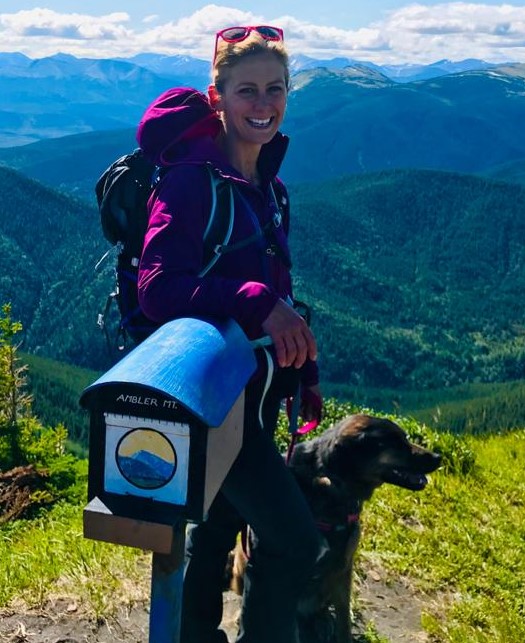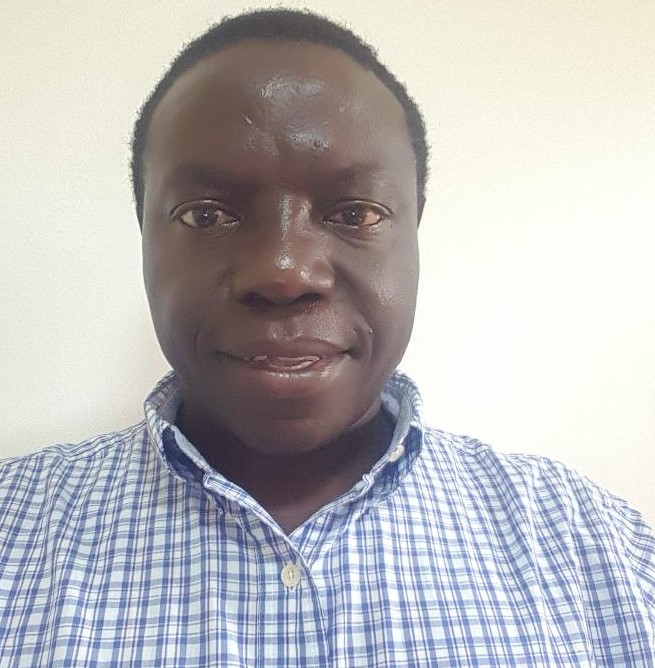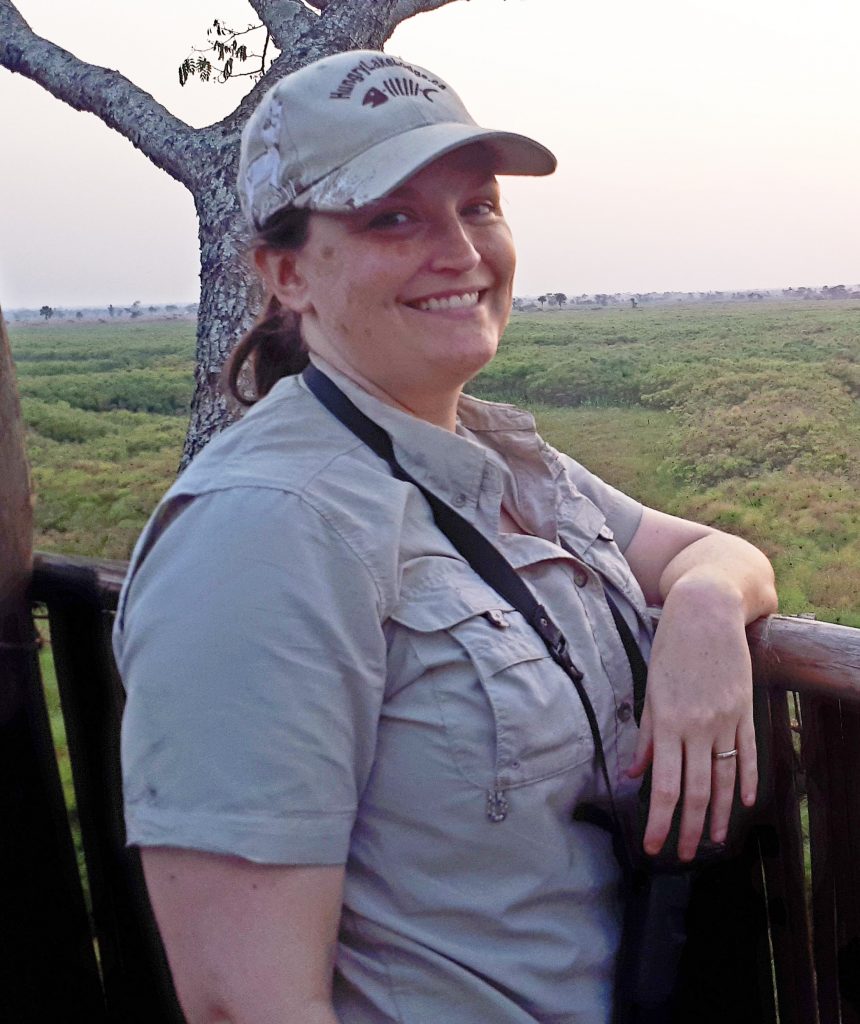
Courtney Hughes (PhD)
Co-founder, Chairperson, and Research Collaborator
Courtney (PhD, MEd, BSc, BEd) is a conservation scientist with expertise in human-wildlife conflict research, community-based collaboration, conservation and landscape planning, policy development and evaluation, and citizen science. Courtney is highly skilled in conservation social science methods as well as workshop facilitation, educational instruction, designing and implementing outreach programs, project management including grant writing and administration. Among other academic lectures, Courtney has been a visiting lecturer at Oxford University’s WildCRU diploma program for over a decade. Courtney’s work has included Canadian projects, with large mammals including grizzly bear research and recovery policy and park management planning, and she has led or worked in teams on conservation and livelihood projects across Belize, Cameroon, Zimbabwe, and recently Tanzania, with Tanzania Research and Conservation Organization (TRCO). Courtney is a founding collaborator of TRCO, and brings her social science expertise to complex conservation challenges, as well as mentorship and guidance in multiple projects and the organization’s strategic plan. With TRCO, Courtney has co-led the exploration of the human dimensions of pangolin conservation in the country, and collaborated with Micheal on assessing the impacts of human resettlement in relation to lion conservation across the Ruaha landscape. Most recently, Courtney has actively supported the direction and implementation of TRCO’s human-elephant coexistence program, with a focus on the Burigi-Chato landscape of northwestern Tanzania. Courtney is also dedicated to mentoring and supporting women in conservation and livelihood development, and is working with TRCO to advance these aspirations through networking and program implementation
Check out Courtney’s published works:

Victor Alexander Kakengi (PhD)
Collaborator
Victor Alexander Kakengi is a distinguished researcher and conservationist affiliated with the Tanzania Wildlife Research Institute (TAWIRI). With over two decades of experience, he specializes in animal nutrition, wildlife conservation, and ecological research. Dr. Kakengi holds a PhD in Animal Nutrition from Shimane University, Japan, and has an impressive academic background, including an MSc and BSc in Agriculture from Sokoine University of Agriculture, Tanzania.
Throughout his career, Dr. Kakengi has made significant contributions to improving livestock productivity and wildlife research in Tanzania. His expertise spans across feed evaluation, range management, and the intersection of wildlife and agricultural ecosystems. He has also played a pivotal role in pioneering sustainable practices for improving poor-quality roughages and utilizing indigenous knowledge for ecosystem management.
As a Principal Researcher at TAWIRI, Dr. Kakengi organizes and coordinates wildlife research across Tanzania. He collaborates with both local and international scientists to conduct impactful studies and disseminate findings that shape conservation policies. His contributions extend to developing sustainable solutions for human-wildlife coexistence and improving rural livelihoods.
Dr. Kakengi has authored numerous peer-reviewed journal articles and conference papers, with research topics ranging from habitat connectivity to antimicrobial activity of honeybees. Notably, his research on grassland ecosystems and interactions between wildlife and livelihoods in Tanzania has gained international acclaim.
A recipient of prestigious awards, including a Golden Medal for outstanding PhD performance, Dr. Kakengi continues to advance the field of wildlife conservation. His passion for integrating research, education, and practical conservation measures underscores his commitment to preserving Tanzania’s rich biodiversity.

Camille Warbington (PhD)
Collaborator
Camille is a Quantitative Ecologist with an environmental consulting company in British Columbia, Canada. Duties in her current position include working with Indigenous groups to develop wildlife management and research programs. In collaboration with Dr Mark Boyce at the University of Alberta, she completed her PhD on sitatunga (Tragelaphus spekii) ecology in central Uganda. The sitatunga research project focused on methods to monitor populations and provide data to enhance management decisions for improving conservation including DNA analysis, camera trapping, community ecology of native wildlife and livestock, and incentives to local communities and private farmers to enhance sitatunga and wetland conservation in Uganda. Before her PhD studies, Camille worked for state and federal government in the USA, including as a Biologist Specialist with the Louisiana Department of Wildlife and Fisheries, and as a Biological Science Technician with the USDA Forest Service Southern Research Station, Savannah River, USA. Camille completed her MSc in Forest and Wildlife Ecology at the University of Wisconsin, USA, assessing survival of white-tailed deer fawns. Camille extended her collaboration with the Tanzania Research and Conservation Organization (TRCO), and assessed the perceptions of local communities towards pangolins in central Tanzania, at the Ruaha landscape. Camile is an active scientist that published several articles related to sitatunga population estimates, environmental and organism interactions, and mortality of white-tailed deer.

